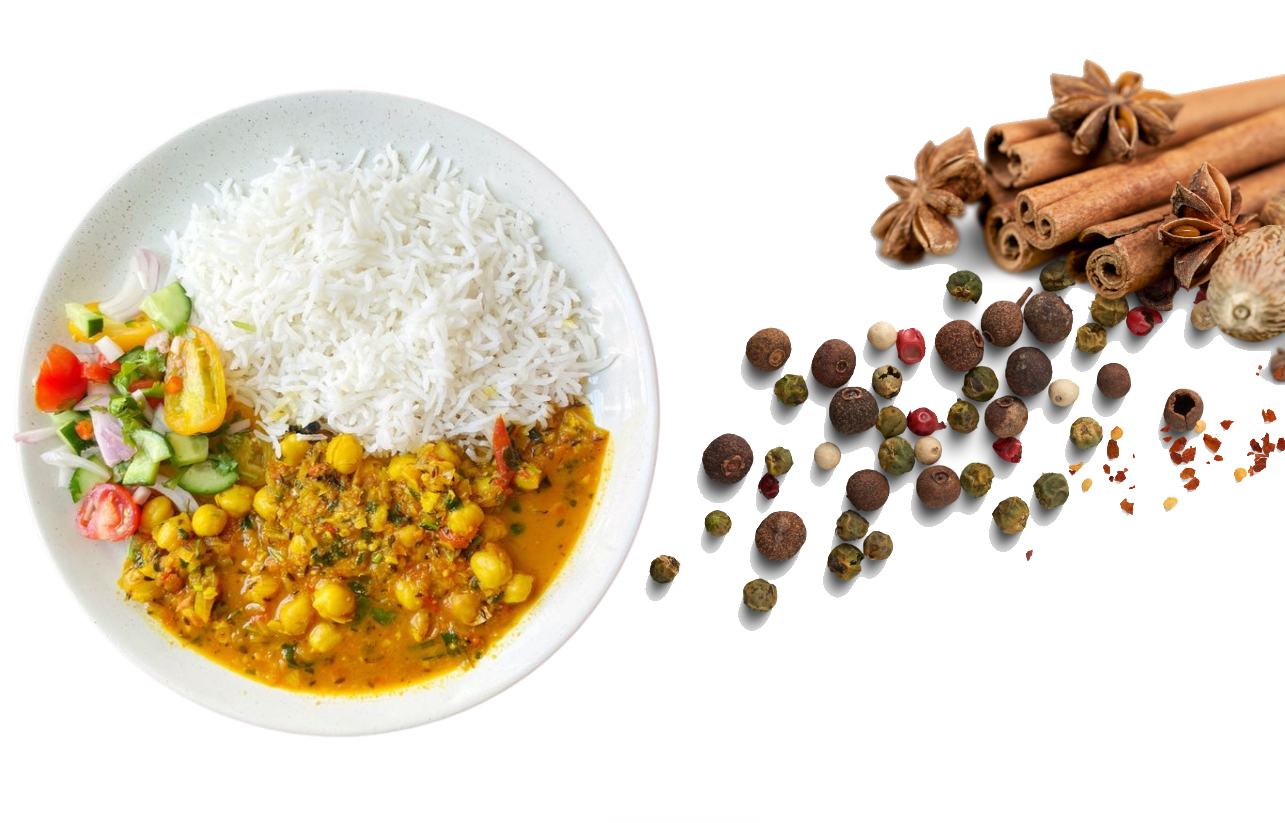Exploring the role of spices in Ayurveda to maintain a healthy appetite, boost digestion, fight inflammation, and enhance immunity
Ayurveda translates from ancient Sanskrit as ‘the Knowledge of Life’. It is a Traditional Medical System of the Indian Subcontinent
from more than 5000 years. Spices and herbs mentioned in Ayurveda are still commonly used. These do not only add flavour and colour to dishes but can also help maintain healthy appetite, boost optimal digestion, fight inflammation and enhance immunity.
The next time you prepare or enjoy a delicious meal, you can appreciate with awareness “Food as Medicine” also owing to local spices. An appropriate Ayurvedic proverb is “when diet is wrong, medicine is of no use. When diet is correct, medicine is of no need.” Nutritious food is critical to health, while adding aromatic spices not only make a meal delicious but also magically healthy.
Natural remedies for common cold
Garam masala, known for its heating qualities, is a powerful spice mixture commonly found in kitchens across the Subcontinent. This traditional blend is ideal for boosting immunity and resistance against common winter illnesses like the common cold. Additionally, Garam masala is excellent for stimulating appetite and igniting the body’s ‘digestive fire,’ making it a staple for enhancing winter wellness.
Ayurvedic dietary principles of hot & cold foods
Coconut curry and mint chutney, both with cooling properties, are highly favored in hot climates. In Ayurveda, this classification of foods based on their inherent heating or cooling qualities is known as ‘virya.’ Virya refers to the effect that foods have on the body’s internal temperature, influencing metabolic functions and digestion. This Ayurvedic principle explains why salt or sweet lassi with a pinch of cumin or coriander powder, which have cold virya, are traditionally enjoyed in the summer, while masala tea with cloves, known for their hot virya, is preferred in winter. Understanding these Ayurvedic dietary principles helps optimize digestion and overall well-being based on the season.
What is Seasonal Wellness – Ayurveda’s Virya Principle
People from all walks of life, both nationally and internationally, enjoy an array of cuisine from the Indian Subcontinent, often complimenting the blend of aromas. There are standard spices that can be found in the kitchen of every household in Pakistan. Without these, our meals are incomplete. These spices are like magic. Not only are they tantalising to our taste buds but they rest upon an extensive history and knowledge. The medicine men, our ancestors, studied the virya and numerous other qualities of herbs and spices and passed on this extensive knowledge across the centuries to what eventually became Ayurveda.
Let’s then take a look at some valuable medicinal properties of some common kitchen spices:
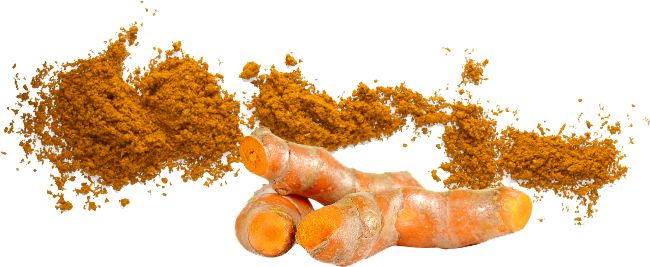
Health benefits of turmeric
Haldi or turmeric that was suggested more than 5000 years ago, to be one of the several spices that has numerous health benefits, ended up in a court battle for attempted patenting by the 21stcentury after modern science confirmed its medicinal values. Today we find, that this centuries old simple spice that we use in almost every dish, is now available in capsule form worldwide. Add a bit of black pepper or piper longum to turmeric, and the efficacy of its medicinal value increases. Turmeric is anti-inflammatory, anti-bacterial, boosts immunity, is beneficial for skin, aids in proper digestion, enhances mood and may even combat cancer.
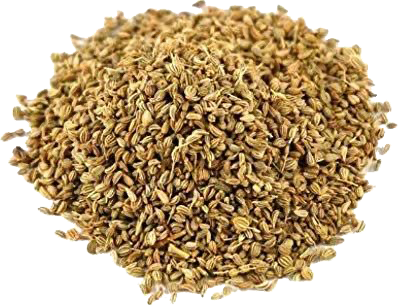
Carom
Carom or ajwain amongst its various benefits helps remove toxins and promotes healthy digestion and optimal elimination.
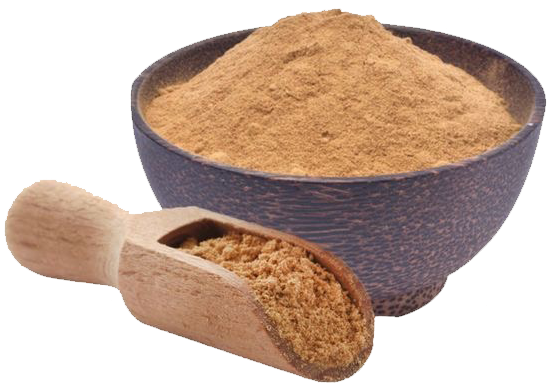
Asafoetida
Asafoetida or hing is also a digestive aid and promotes healthy elimination. Hing also has antibacterial, anti-inflammatory and antimicrobial properties. It is an excellent digestive stimulator that can combat gastritis, bloating and flatulence. In recent years, studies have shown that asafoetida can help against Irritable Bowel Syndrome (IBS) and can protect against high cholesterol and triglycerides. Generally, it is not recommended to consume hing frequently without consulting an Ayurveda Practitioner however, consuming hing occasionally can be beneficial.
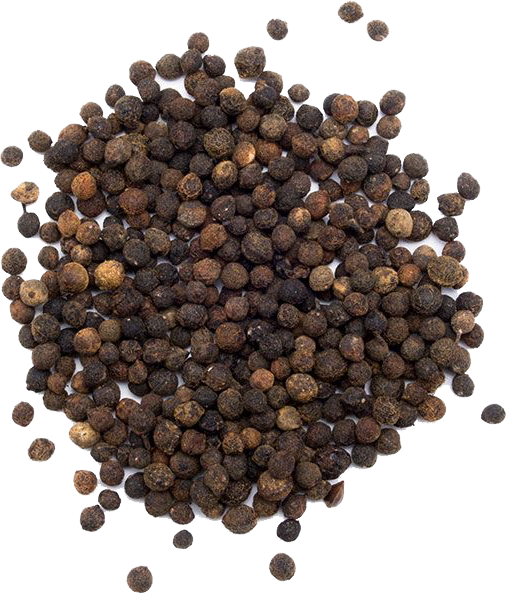
Black Pepper
Black pepper is very good for those who have hypothyroidism as it stimulates the thyroid. Black pepper also invigorates the production of digestive enzymes and helps in proper absorption of nutrients. It is also considered to be beneficial against obesity.
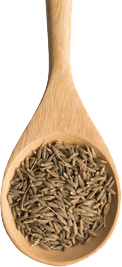
Cumin
Cumin or safaid zeera is also ideal for digestion but moreover aids in proper absorption of nutrients. Cumin also contains compounds called flavonoids that work as antioxidants that help neutralise harmful free radicals in the body.

Laal mirch
Red capsicum or laal mirch acts as a pain killer and aids in digestion.
Basil
Tulsi is especially valued in Ayurveda for its anti-viral properties and helps very well against the flu. Tulsi is an overall immunity booster.

Saffron
Saffron is cooling, helps clear blood clots, enhances mood, and clears liver stagnation, inflammation and acne.

Nigella
Nigella or kalonji is not only part of Ayurveda but is also especially revered in Unani Tibb Medicine and referred to as a spice that ‘can heal every disease, except death’.

The writer is an Ayurveda doctor and an author. She can be reached at aasiya@post.com



